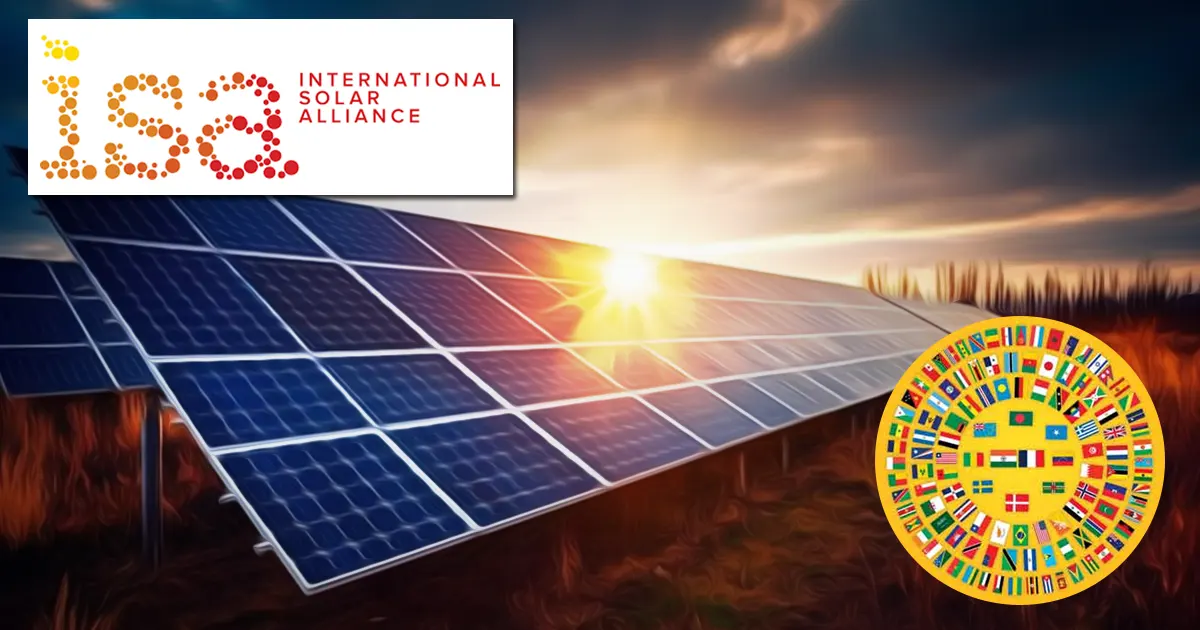GS 2 – International organisation

Context: Recently, Moldova Signs the International Solar Alliance (ISA) Framework Agreement, furthering its commitment to promoting renewable energy.
The ISA was launched in 2015 at COP21 in Paris as a joint initiative by India and France. Its headquarters is in Gurugram, India, and the Framework Agreement came into force in 2017. After a 2020 amendment, all UN member states became eligible to join.
Mission: Guided by the ‘Towards 1000’ strategy, ISA aims to:
- Mobilize $1,000 billion in solar energy investments by 2030.
- Provide energy access to 1,000 million people.
- Install 1,000 GW of solar energy capacity.
Structure:
- ISA Assembly: The apex decision-making body oversees the implementation of the Framework Agreement.
- Membership: 104 member countries and 16 signatory countries.
Significance:
- Promotes sustainable, low-emission solar energy solutions.
- Reduces 1,000 million tonnes of CO₂ emissions annually.
- Strengthens India’s leadership in clean energy and aids global net-zero goals.
- Facilitates a global solar market with lower costs and collaborative development.
Key Initiatives:
- Scaling Solar Applications for Agricultural Use (SSAAU): Supports solar-powered water pumps for farming.
- ISA CARES: Provides solar solutions for healthcare in low-income countries.
- Solarizing Heating and Cooling Systems: Addresses energy demands in residential, industrial, and commercial sectors.
- Global Solar Facility: Launched at COP27 to drive investments in underserved regions, especially in Africa.




